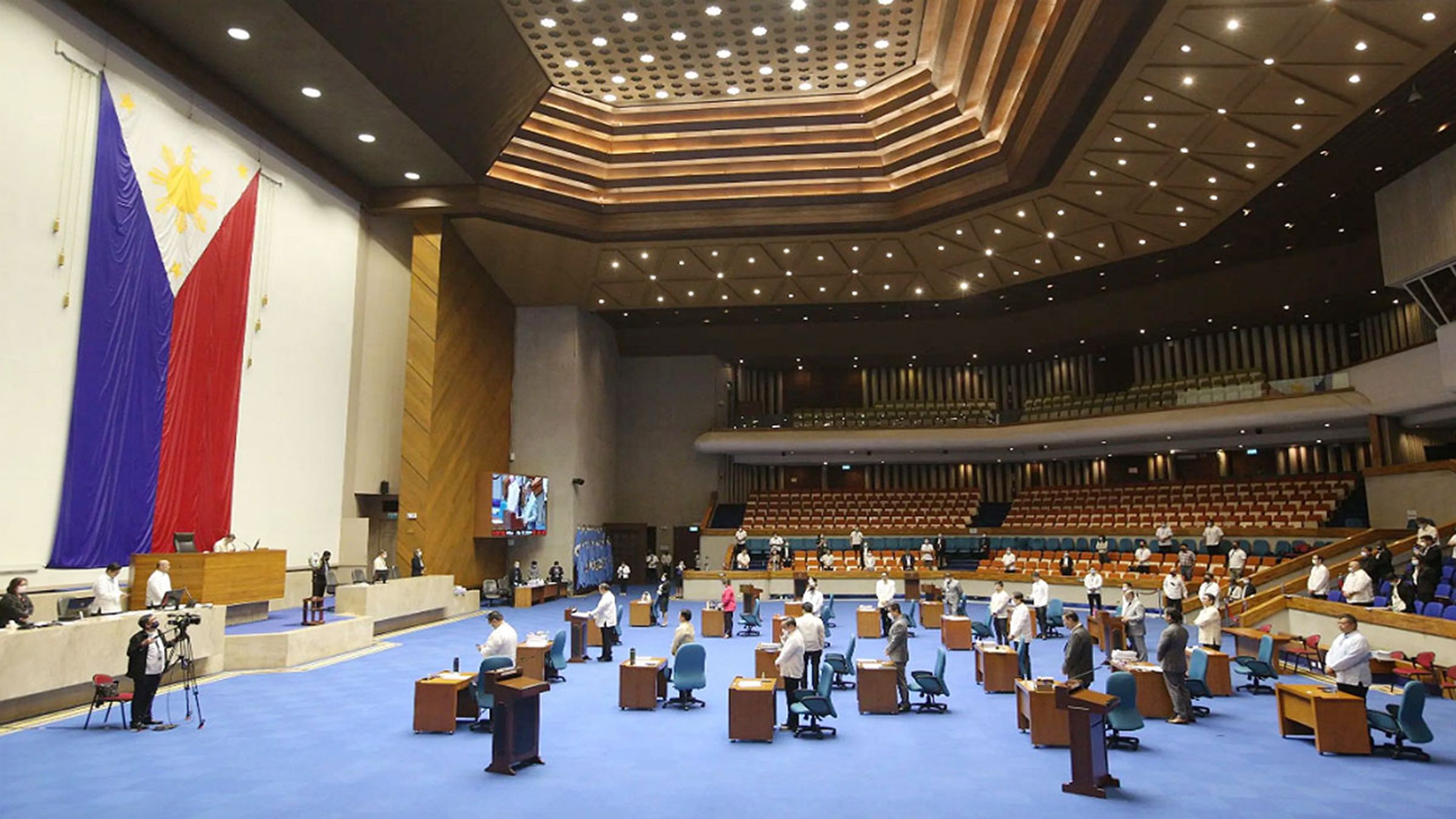A proposed mining bill that would raise tax from mining from 38 percent to 51 percent is lauded for encouraging responsible mining while raising government revenues. But it would dampen investor interest, who may put their money elsewhere. The bill has been approved by the Committee on Ways and Means.
“The new fiscal regime may benefit the government more as it aims for simplification and fair share, more so as policy- makers look to achieve fiscal consolidation over the course of the several years without necessarily burdening other revenue sources,” Security Bank Corp.’s Chief Economist Robert Dan J. Roces told Business World last August.
The measure aims to increase government revenue from mining to P37.5 billion in its first full year of implementation.
Under the proposal, a royalty of 5 percent will be imposed on the market value of gross output of large-scale mining operations. A minimum government share of 60 percent of net mining revenue, including all taxes and charges, will also be imposed on all mining operations.
A 10 percent export tax will also be levied on the market value of mineral ore exports to encourage domestic ore processing. It also proposes a government system for the public disclosure of all mining tax and revenue data in the extractive industries value chain.
Transparency
Eleanor L. Roque, tax head of P&A Grant Thornton, said that fiscal rationalization will promote transparency and level the playing field.
She said it would encourage responsible and conscientious miners. But she asked for caution and prudence as these are our natural resources, once mined, we can never get them back so maximizing benefits for our country should also be a major consideration.
She said the Philippines should export high-value products which have already been processed. Currently what we export are low-priced ores and are re-imported here as high-value products. The government must encourage local processing and technology transfer to generate more jobs and skilled laborers.
Tax Management Association of the Philippines President Fulvio D. Dawilan said that the measure will be good for both the environment and the economy.
“The accrual of the royalties paid by large-scale metallic mining operations into a Natural Resource Trust Fund is a new concept. The fund redounds to the benefit of the localities affected by the mining operations. There are therefore clear benefits to the affected local government units, including the use of the funds for the rehabilitation of abandoned mines,” he said.
Dawilan noted that assigning royalty collection duties to the Bureau of Internal Revenue (BIR) is a new move.
Stock market analysts said that the new fiscal regime will likely not impact investor appetites.
Mercantile Securities Corp. Head Trader Jeff Radley C. See said, though anticipated by the industry, the proposals can only be acceptable if the taxes are aligned with those of other countries.
Higher taxes are also commensurate with the corresponding impact on the environment and any additional government intervention or spending that could entail,” Rizal Commercial Banking Corp. Chief Economist Michael L. Ricafort said.
Environmentalists are happy that the measure may minimize exploitation by mining companies.
This is the right direction. There is need to increase the government share of mining revenue as the current regime is grossly advantageous to mining companies,” Antonio Gabriel M. La Viña, a lawyer, educator and environmental expert, said.
Incentives for domestic processing are also welcome because raw materials are valued much less than those which have been processed here. Minerals should not be squandered to favor private entities, both domestic and foreign,” he added.
Asian Institute of Management Associate Director John Paolo R. Rivera said the measure will help mitigate the harmful impact of mining activity. While higher taxes may discourage mining companies, it would be welcome development for the environment because it can compensate the country for resource extraction, he said.
For Alyansa Tigil Mina Jaybee Garganera, the mining industry is “under-taxed,” so this is just right. “Except for taxes, mining has very little significant contribution to our economy. Given the impacts on affected communities and the environment we must ensure our fair share.
The Chamber of Mines of the Philippines (COMP) has said that the bill will “once again set back” the revitalization of the industry and claimed to have not been consulted. It will make Philippine mining industry one of the highest taxed in the world.
COMP called on the Congress to revisit the bill and consult more widely.
The Canadian Chamber of Commerce of the Philippines president Julian Payne said the proposed 5 percent royalty on all mining plus a 60 percent share of net mining revenue is higher than rates now imposed by Australia, Canada, Chile, Peru, and South Africa, with which the Philippines competes for investment in mining.
Foreign investors in mining have options to invest in various other countries which have rich mineral resources and the Philippines may not be considered so desirable for foreign investment in mining. The result will be less tax revenue and less employment and less business for small businesses that provide support to mining in rural areas where mining is located.
